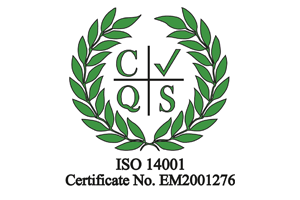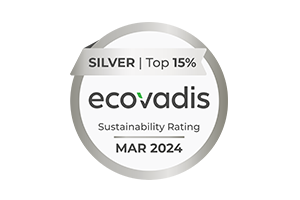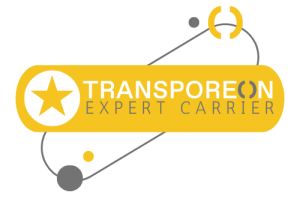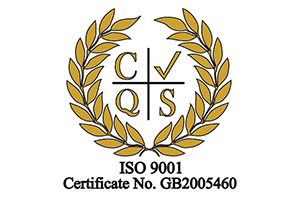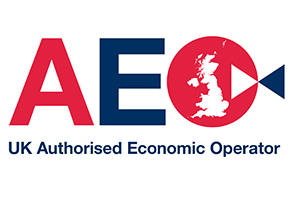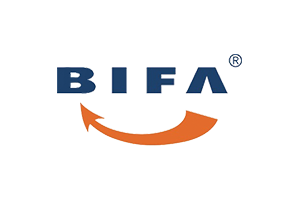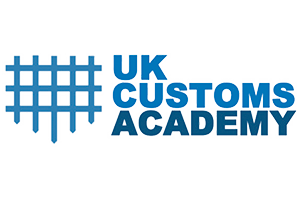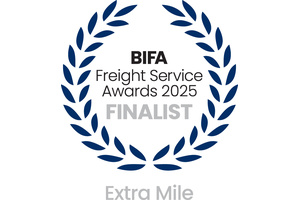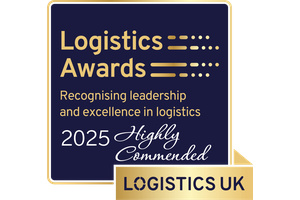Efret joins forces with Ellerman City Liners to design and promote sustainable multimodal transport services
 Photo credit: Captain Michael dela Luna – Master – M/V Buxhansa
Photo credit: Captain Michael dela Luna – Master – M/V Buxhansa
Ellerman City Liners has a rich history in commercial shipping and today provides an extensive range of multimodal solutions for global industry. They have just released their latest commercial schedules for shortsea services between Iberia and Northern Europe, Poland and the UK. This expanded timetable demonstrates their ongoing commitment to delivering cost effective and sustainable services that support the decarbonisation objectives of the European market.
Partnering with Efret opens up new opportunities to develop innovative solutions for their customers, made possible by their extensive knowledge of the European transport market.
As an example of capitalising on each other’s specialist expertise, Ellerman and Efret have joined forces to design and promote services that offer customers an option to switch to rail and shortsea multimodality. This will prove to be a very attractive alternative to shippers who have traditionally used road haulage for high mileage freight movements across Europe.
Whilst some transit times of intermodal transport may end up being slightly longer, the overall benefits are significant:
- Reduction of overall CO2 emission by removing freight from road
- Improved capacity leading to productivity improvements
- Equipment flexibility including standby or just-in-time trailers/containers
- Freight cost reductions
Looking to the future, plans are well advanced to link the short sea services to a major rail operation within Continental Europe. This will primarily operate to and from the Iberian and northwestern Europe major trade routes, connecting into a proven established link to and from Turkey by sea, via a southern French ferry port.
Efret’s founder members, Alain Jestin and myself, have a proven track record of designing and operating pioneering intermodal rail operations between northern and southern Europe. These services were one of the first to use revolutionary Hi-Cube 45’ boxes and P400 ‘piggyback’ road/rail trailers.
It’s true to say that disruptions to certain European rail networks were occasionally impacting reliability in the early part of this century. However, this has been almost completely eradicated by the unilateral EU implementation of the Free Access to Rail Directive that enables independent operators to use their own engines and drivers.
During certain recent rail strikes in the UK and France, freight trains with private engines and drivers were still transiting across borders normally with very minimal delay or disruption.
Collaborating with trusted partners Like Ellerman, we’re choosing multimodal to expand our offering to customers as a part of sustainable transport services, mindful of our sector’s CO2 emission reduction challenges. By doing so, we’re reinforcing our mission towards decarbonisation as the future of European transportation.
For more information about our multimodal solutions, get in touch with our team.
Recent articles
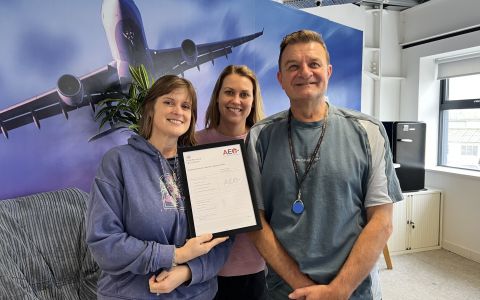
Efret proud to announce renewal of AEO accreditation
5th February 2026 1 minute read
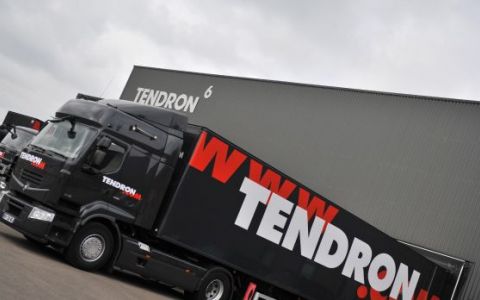
Efret welcomes Tendron as GB Global bolsters European network
28th January 2026 1 minute read
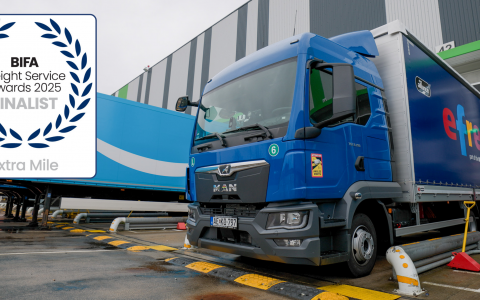
Efret Shortlisted for BIFA ‘Extra Mile’ Award 2025
29th October 2025 2 minute read
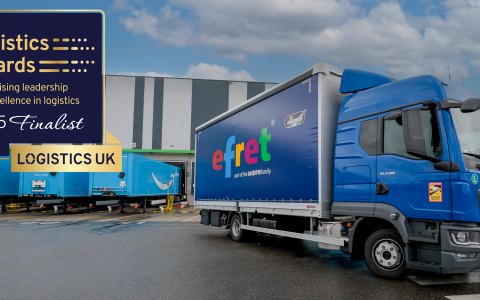
Efret Shortlisted for Van Business of the Year at Logistics UK Awards 2025
20th August 2025 2 minute read

